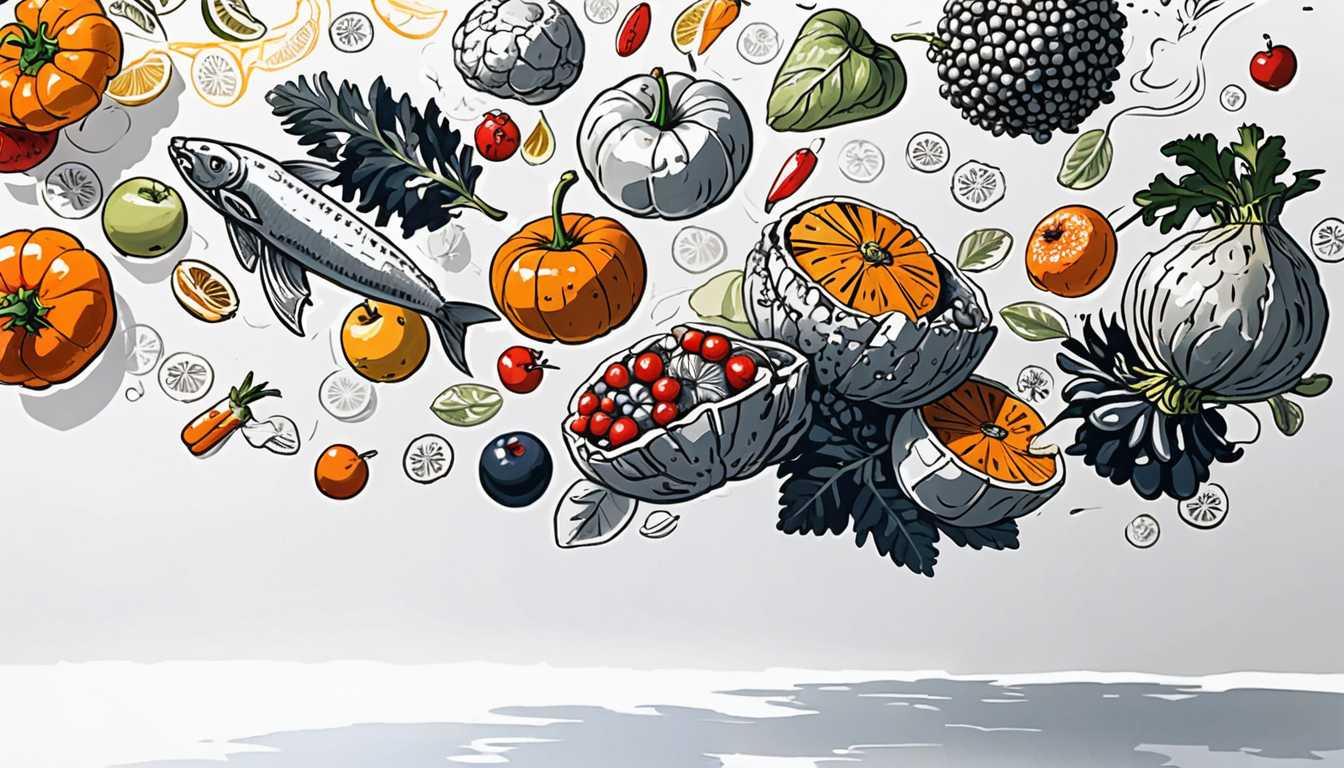Meat Consumption: The Diabetes Connection
August 2024
U of Cambridge Research
Introduction
Hey there, future food detectives! Did you know that munching on processed and red meats could up your risk of type 2 diabetes? A new study from the University of Cambridge found that just two slices of ham a day can increase your chances by 15%! That's a lot of risk for a little lunchtime treat. So, if you love your burgers and bacon, you might want to rethink your diet a bit. Dive into the full article in The Lancet Diabetes and Endocrinology for more juicy details!
READ FULL ARTICLEWhy It Matters
Discover how this topic shapes your world and future
Meat and Diabetes - The Global Plate Connection!
Did you know that what we eat can significantly impact our health? Recent research highlights the relationship between meat consumption and type 2 diabetes, a condition that affects millions worldwide. With the rise in global meat production over the last few decades, it’s essential to understand how different types of meat can influence our health. This topic is particularly relevant to you as you navigate your own dietary choices and consider a balanced lifestyle. By learning about the risks associated with processed and red meat, you can make informed decisions that benefit your long-term health and wellbeing. Plus, understanding these concepts can spark discussions on nutrition in your community, raising awareness about healthier eating habits!
Speak like a Scholar
Type 2 Diabetes
A chronic condition that affects the way your body processes glucose (sugar), leading to high blood sugar levels.
Processed Meat
Meat that has been preserved through methods like curing, smoking, or adding preservatives, such as bacon, sausages, and deli meats.
Unprocessed Red Meat
Fresh or frozen cuts of meat from animals such as cows, pigs, and sheep, like steak or lamb, that have not gone through any preservation processes.
Cohort Study
A type of research study that follows a group of people over time to see how certain factors (like diet) affect their health outcomes.
Meta-Analysis
A statistical technique that combines the results of multiple studies to identify patterns or overall effects, providing a more comprehensive understanding of a topic.
Harmonised Data
Information that has been standardized across different studies, allowing researchers to compare and analyze results more effectively.
Independent Research Ideas
The Impact of Plant-Based Diets on Diabetes Prevention
Investigate how incorporating more plant-based foods can lower the risk of type 2 diabetes. This research can reveal new dietary trends and their benefits.
Cultural Differences in Meat Consumption and Health
Explore how different cultures view meat consumption and how these practices impact health outcomes. You could discover fascinating dietary habits from around the globe!
The Science of Processed Meat Preservation
Delve into how different preservation methods affect the nutritional quality of processed meats. This topic can lead to discussions about food science and health.
Public Health Campaigns on Meat Consumption
Analyze the effectiveness of various public health campaigns aimed at reducing processed meat consumption. This could help identify strategies that resonate with young people like yourself.
The Role of Genetics in Diabetes Risk
Examine how genetics and lifestyle choices, like diet, interact to influence diabetes risk. This intersection of biology and nutrition could uncover intriguing insights into health.
Related Articles

Repurposing Meds: A New Hope for Dementia
January 2025
U of Cambridge Research

Peanuts: The Key to Allergy Prevention!
May 2024
King's College London - News

Taste the Secret to Longer Life!
June 2024
Harvard Gazette

Plant Power: Heart Health Unleashed!
December 2024
Harvard Gazette

Micronutrients: The Hidden Health Crisis
September 2024
Harvard Gazette